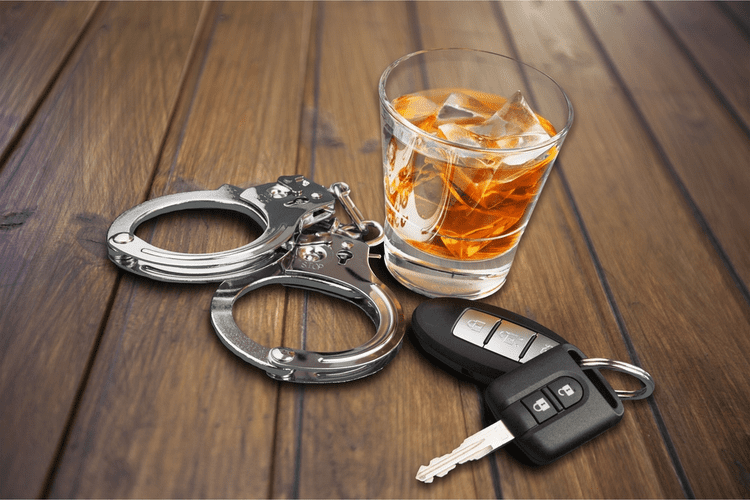It also involves several physiological (physical) factors that play a significant role in how a person becomes dependent on alcohol. To understand why someone might develop an addiction to alcohol, we need to explore how alcohol affects the brain, emotions, and behaviours individually. Many people casually drink alcohol, whether it’s a glass of wine with their dinner or a drink in a bar with friends, and enjoy it responsibly. They do not get drunk, drive under the influence or become dependent on alcohol.
- Recovery from alcohol addiction is tough, but you don’t need to go through it alone.
- While the terms, “alcohol dependence” and “alcohol addiction”, are often used interchangeably, there are some significant differences between the two.
- This results in a higher likelihood of injuries and other adverse outcomes.
- There is a strong correlation between alcohol use disorder and mental health conditions such as depression, anxiety, and post-traumatic stress disorder (PTSD).
What Are The Physical Symptoms Of Alcohol Addiction?
Beyond these potential issues, there are also short and long-term effects. It’s important to understand that not everyone who binge drinks has an AUD. About 90 percent of heavy or binge drinkers don’t meet the criteria for a clinical diagnosis of alcohol addiction. The DSM-5 removes the distinction between alcohol abuse and alcohol dependence.
Social effects
Certain personality traits and mental health conditions can also make someone more prone to alcohol addiction. People prone to alcoholism may have a genetic predisposition, mental health issues, or be in an environment that encourages Substance abuse drinking. There is a strong link between alcohol dependence or addiction and mental health disorders. 40% of people with AUDs have a concurrent mental health diagnosis. An increase in tolerance marks the second stage—people drink larger doses of alcohol to experience the same effects.

Fun Sober Activities to Enjoy in Jacksonville, NC: Embracing Life in Sobriety

For example, antidepressants, if someone with an alcohol addiction were self-medicating to treat their depression. Or a doctor could prescribe drugs to assist with other emotions common in recovery. Alcohol is addictive, and alcoholism is a debilitating disease, but there are treatment options and support groups like Alcoholics Anonymous that can help you overcome your alcohol dependence. When a person drinks regularly over a period of time, their body starts to develop a tolerance to alcohol. Genetics play why is alcohol addictive a huge role in the development of alcohol addiction.

Understanding the physical aspects of alcohol addiction, such as withdrawal symptoms and tolerance, sheds light on why alcohol can be so addictive. It emphasizes the importance of seeking professional help and support systems when attempting to break free from alcohol addiction. Emotional dependence on alcohol is another psychological factor that fuels addiction. Over time, individuals may become emotionally reliant on alcohol to cope with daily life and to experience certain emotions. This emotional dependence can make it challenging to imagine life without alcohol and can intensify the addictive nature of the substance.
Why Smart People Sometimes Make Terrible Decisions
Causes range from genetics and family history to early exposure, trauma, stress, and mental health problems. Excess alcohol use changes the brain’s ability to experience pleasure, exercise judgment, and control impulses. Once the brain’s chemistry changes, it can be difficult to reverse, which leads to addiction. Many individuals with alcohol use disorder are functioning alcoholics, meaning they https://ecosoberhouse.com/ manage to maintain their responsibilities while struggling with addiction.





